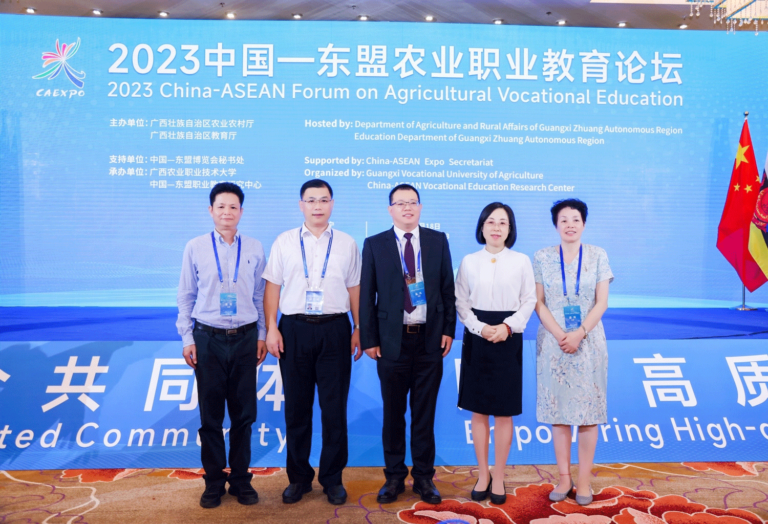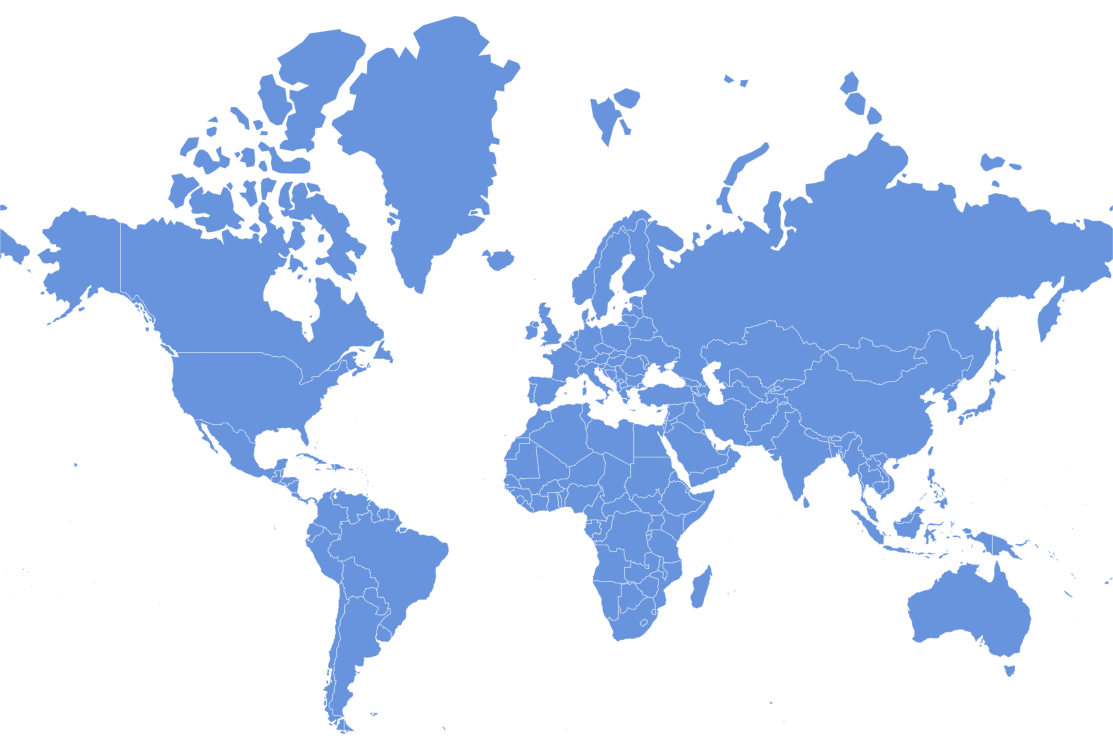2023 China-ASEAN Forum on Agricultural Vocational Education
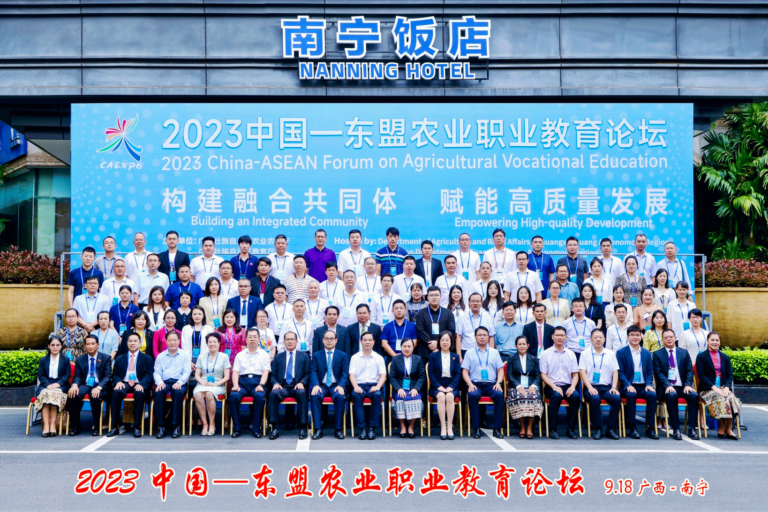
On September 18, 2023, the China-ASEAN Agricultural Vocational Education Forum was held in Nanning. Participants from China and around the world came together to exchange ideas on how to enhance the quality of Agricultural vocational education within the China-ASEAN Community of Destiny, with a focus on “Building an Integrated Community Enabling High-Quality Development.” The forum delved into various measures aimed at achieving this objective. Distinguished guests from China and abroad convened to discuss strategies for the development of high-quality agricultural vocational education within the China-ASEAN community of destiny.
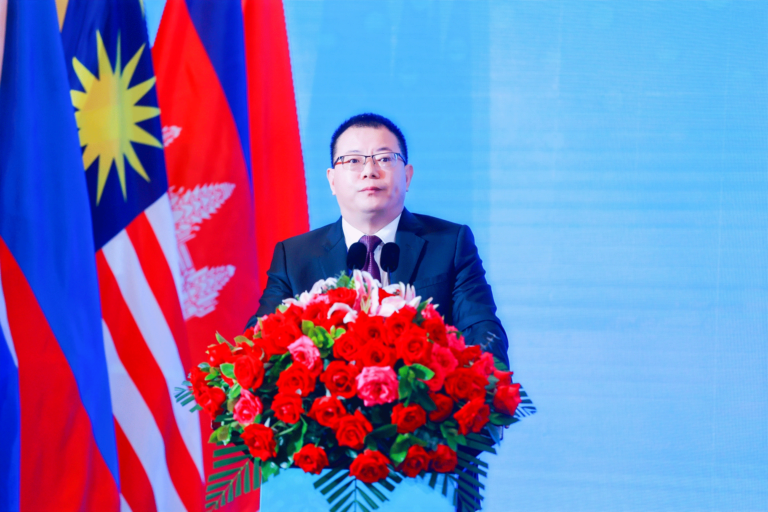
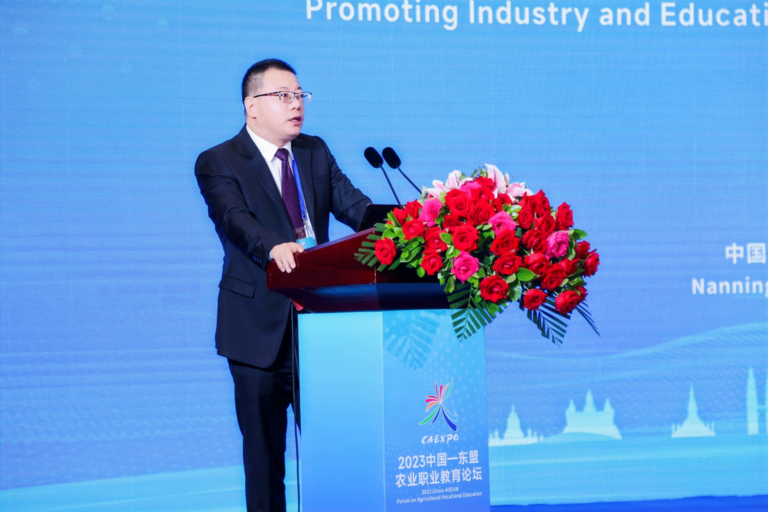
Dr. James Liaoyong, the Vice President of CIE-PCU, was honored with an invitation to attend and address the gathering. During the event, Dr. James Liaoyong put forward four proposals for innovative cooperation in vocational education between China and the Philippines. Firstly, he proposes a robust support for the global expansion of China’s vocational education thru encouraging private investments from Chinese enterprises and universities and establish collaborative or independent educational institutions in the Philippines. This initiative includes the creation of engineering and technical colleges and universities, along with the establishment of international centers for applied talent development and scientific research facilities.
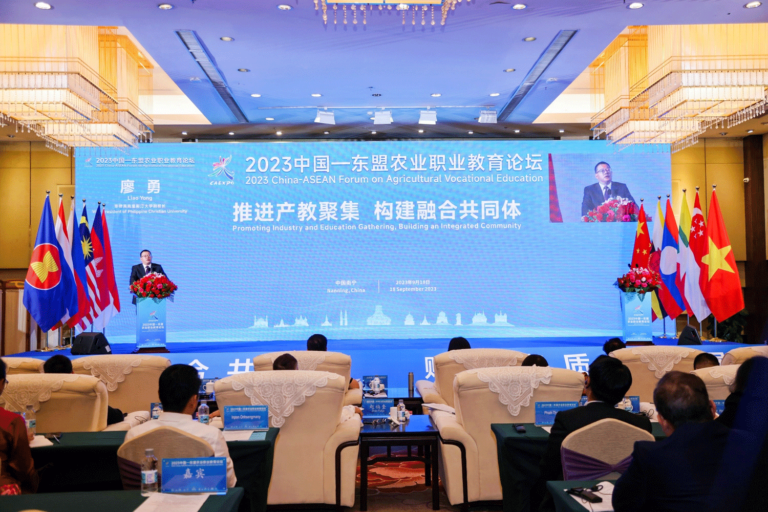
Secondly, he also advocates for the establishment of international public training centers in both China and the Philippines, supported by programs such as “Luban Workshop”,”Silk Road Academy” and “Panda Workshop”. Additionally, this center aims to provide extensive opportunities for Filipino engineering and technical students to participate in local training and exchange programs. He further, urge a substantial number of Filipino engineering students to enroll in Chinese colleges and universities to benefit from state-of-the-art equipment and acquire highly sought-after skills. Similarly, we encourage Chinese students to pursue English language studies in the Philippines.
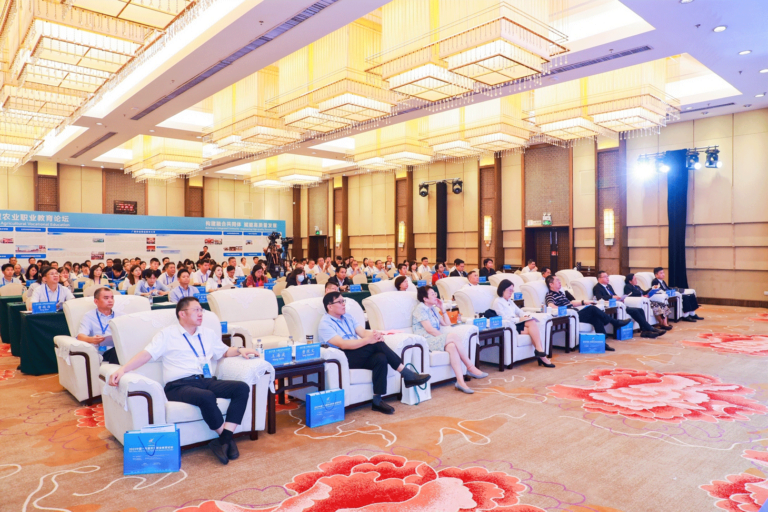
Thirdly, Dr. James Liaoyong offers encouraging Chinese vocational students to undertake short or extended study programs in the Philippines to enhance their English proficiency and academic qualifications. To facilitate this, the government should offer low-interest study-abroad loans to families in need, enabling more children from low- and middle-income households to pursue English language education in the Philippines for this will empower them to secure higher-paying positions in both Chinese and foreign-funded enterprises abroad.
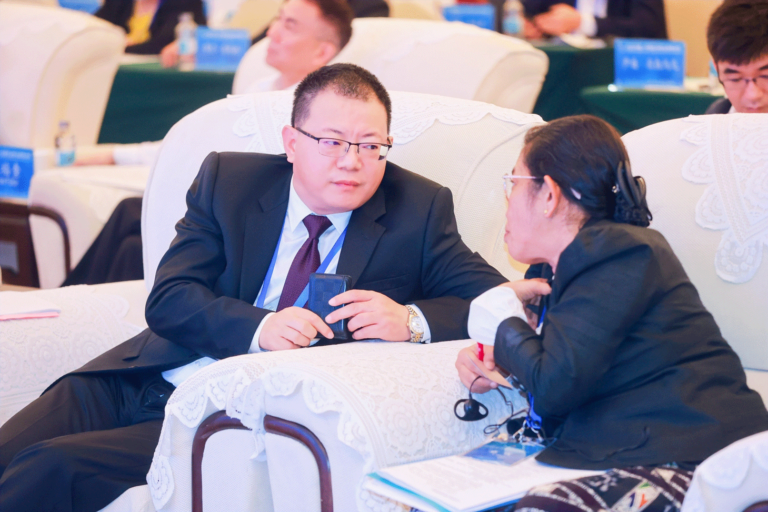
Fourthly, he seeks to collaborate on elevating vocational education standards to meet international benchmarks in both China and the Philippines. This will surely assists educational institutions in the Philippines for local technicians in enhancing their engineering skills and pursuing employment opportunities in Europe and the developed areas. These efforts will undoubtedly have a positive impact on the livelihoods of ordinary families.
